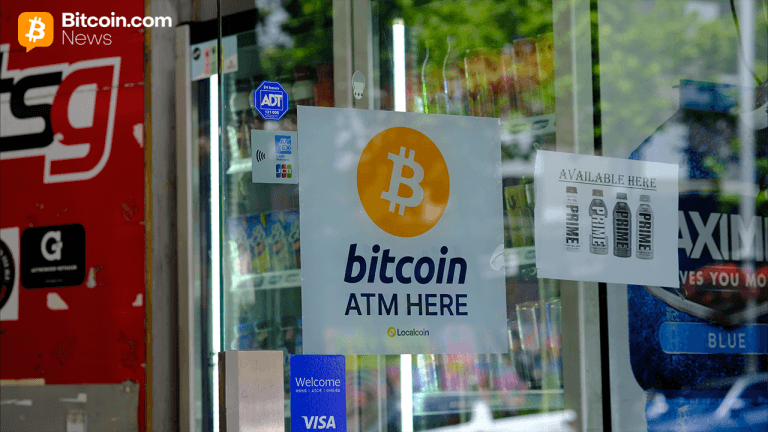Northeast leaders try to stem local fallout from Silicon Valley Bank failure
4 min read
Regional leaders in the Northeast kept up high-profile efforts to show support for local entities facing challenges after the failures of Silicon Valley Bank in California and Signature Bank in New York.
Despite federal measures to backstop all deposits, even those higher than the $250,000 deposit insurance limit, the failure of the California bank, which specialized in technology and venture capital firms, continued to rattle markets and erode investor confidence nationwide over the week.
Local authorities initiated their own measures to insulate new local industries, often cultivated with the help of state support, threatened by the collapse while reassuring wary investors.
New York Gov. Kathy Hochul, in a press conference Monday, said she wanted to “project calm” amid volatility and “make sure that the entire banking community here in New York was stable.”
New York’s Department of Financial Services shuttered the state-chartered Signature Bank Sunday amid the crisis created after Silicon Valley Bank was shuttered before the close of business Friday, March 10.
Hochul said state officials worked through the weekend and were able to successfully lobby Washington in extending to Signature customers the same backstop that protected uninsured deposits that Silicon Valley Bank depositors received, a move that she said helped avoid a run on regional banks that could open the floodgates to a wider banking crisis.
“This is a time when we could manage a certain narrow situation and to make sure that that did not get any worse and that was what our objectives were,” she said.
“The banks are open, everything is fine,” Hochul said. “This is a time when we could manage a certain narrow situation and to make sure that that did not get any worse and that was what our objectives were.”
Shortly after the announcement of federal measures on Sunday, New Jersey Gov. Phil Murphy made a public show of support for affected sectors, directing $35 million to programs for companies that banked with SVB and were “experiencing liquidity challenges” in the wake of its collapse.
That includes $20 million in state funding for a program that helps to guarantee direct investments in or loans made to New Jersey small businesses, an effort officials said would “ensure investment dollars continue to flow to New Jersey’s emerging technology and life sciences companies.”
In New England, Massachusetts Economic Development Secretary Yvonne Hao said the state might be “uniquely impacted by this situation” because Silicon Valley Bank had a “broad client” base there.
Gov. Maura Healey said she was keeping a close eye on the evolving crisis and would “put supports in place” to address short term needs of affected small business.
“We will continue to be in dialogue with decision-makers and support all efforts to preserve the strength and stability of our markets and protect jobs, businesses, non-profits and our economy,” she said. “We have confidence in the strength of our regional banks and banking operations.”
SVB had also made major real estate investments and purchased several businesses in Massachusetts.
In 2018, Silicon Valley Bank parent SVB Financial Group purchased Leerink Partners, a Boston-based life science investment bank, for $280 million, renaming it SVB Securities, and purchased Boston Private Financial Holdings, an integrated wealth management, trust and banking firm, for $900 million in 2021.
Despite the continued instability in markets, a major bond deal went off without a hitch this week, said Massachusetts Bay Transportation Authority Treasurer Pat Landers.
MBTA on Thursday priced $617.7 million of senior sales tax bonds to fund its capital programs. The deal drew high demand and was oversubscribed by four times, despite the “very turbulent market,” Landers said.
“The corporate sites have been essentially shut down for the last four days because they’re watching this volatility and trying to figure out what to do,” he said. “We still had a very strong order book.”
Barclays was lead manager for a 10-member syndicate, which priced the $510 million Series 23A-1 to yield between 2.45% on 2029 and 2029 maturities with 5% coupons and 4.26% for a 2053 maturity with a 4% coupon..
Public Resources Advisory Group was financial advisor. Mintz was bond counsel.
The sale was the MBTA’s first senior lien issuance since 2016, made possible by high ratings and strong investor protections as well as the “unique market,” Landers said.
The deal was rated triple-A by Fitch Ratings and Kroll Bond Rating Agency and AA with a positive outlook by S&P Global Ratings.
An inversion of short and long-term rates on U.S. Treasury notes caused by federal attempts to cool the economy, which is often considered a harbinger of recession and helped hastened SVB’s demise, had also shifted market dynamics and sent investors searching for stable securities.
“Usually inversions don’t last for long and on the front end of this curve, in this market, you can earn the cost of capital and reserve,” Landers said. “It has a lot to say about the scarcity and how portfolio managers that might be looking for diversification.”
Landers said several other municipal bond pricings were forced to adjust at the 11th hour to address investor concerns.
“Those deals just got done and in some cases they had to change couponing four or five, or changed the structure of term bonds in order to meet what the demand was in the market,” Landers said.







